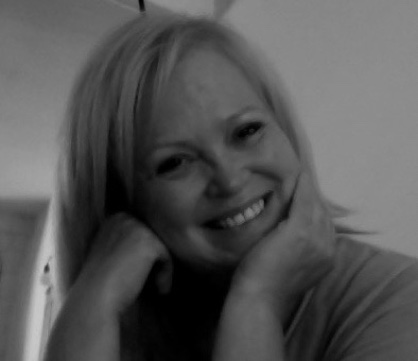Empty-nest syndrome: Is there life after motherhood?
…concurrent events such as retirement, redundancy, menopause and death can exacerbate the problem. Sure, but so could dropping the iron on your foot.
As the year draws to a close and many sons and daughters complete their education and get ready to fly the nest, mothers may be wondering “what now?” – or maybe they won’t.
I cried inconsolably when the last of my sons, my baby, left home – by the next day I was all right. It’s called pragmatism. Mothers have it in spades.
But pragmatism aside, for a while, I was just in denial. I carried on as if nothing had changed – I still had my long-suffering husband to yell at when the mood took me, yelling being a major duty for mothers of teenagers.
But neither was it all bad news for the spouse. On the upside, he had the benefit of a fridge packed to the gunnels with food, whereas before, it was just a black hole into which the supermarket shopping went, never to be seen again.

Feeding teenage boys is like sustaining a third world country, and me; I was still shopping with famine-ravaged Africa in mind.
I’ve done some research on this post-motherhood thing (read: I googled it.) It has a name – it’s called ‘empty-nest syndrome.’ I’ve found out that I’m a bit of a cliché – the last thing you want to hear when you’re feeling a bit sensitive.
The research says that some parents are more susceptible than others – mothers, for instance. Especially mothers who have had nothing better to do than bring up children, i.e. no “paid employment” therefore they have “poor self-esteem.” What the…?
Apparently, these mothers (us) are unstable and clingy and have no adult relationship skills and bad marriages. Furthermore, they could have been a crap parent and not prepared the child adequately for independence adding to the syndrome’s intensity (read: total failure). Oh nice!
That’s a whole list of assumptions most mothers would find offensive.
Moreover, the research adds that concurrent events such as retirement, redundancy, menopause and death can exacerbate the problem. Sure, but so could dropping the iron on your foot. What’s their point?
Hands up all those post mothers who are now feeling washed up, barren and old… Oh! That’s the point.
“Psychologists suggest that it may take between 18 months and two years to make the successful transition from ‘mum’ to independent woman,” so the article says.
What? ‘Mum’ and ‘independent woman’ are mutually exclusive now?
What’s more, in spite of my initial denial hitch, 18 months to two years to make an adjustment is unlikely for most mothers. Remember the aforementioned pragmatism. It’s the first thing we learn. Mothers know how to turn on a sixpence. We deal with varying degrees of irrationality from human beings who are not long on patience.
Once a mother…
But, in spite of the empty nest, motherhood will dog the unwary. It lurks unseen just awaiting its opportunity to (re) bag its prey. For instance, at a Christmas party, I was waxing lyrical on the joys of not having to worry about another dependent human being.
I was being too smug, too complacent, wasn’t I? I was asking for trouble – tempting fate.

And it came in an email the next morning:
“Don’t be alarmed, Ma,” wrote the youngest. “I was run over last night but I’m OK.”
Blind panic! What does “OK” mean?
…I don’t really need my spleen? Or…my left elbow is bruised?
Fortunately, it was the latter.
Did I feel guilty for enjoying myself while my baby was sitting in a hospital casualty department? You bet! Guilt is another thing society has taught mothers to have in those aforementioned spades.
An underestimated demographic
Yet for broader society, post motherhood means there’s a pool of highly experienced people with those ‘portable skills’ so beloved of the human resources industry – you name it, we’ve done it.
Unfortunately, this sort of experience is rarely ever sort after. Yet many mothers have finely honed talents that would put many chief executives to shame. Nevertheless, has anyone noticed a job advertisement along these lines?
Senior manager needed. Mothers with at least twenty years experience who have successfully raised more than three children are encouraged to apply.
Then there was this coup de grace of my research:
“[In post motherhood] set achievable goals…short courses are more realistic than launching into a three year degree.”
What? Do mothers have ‘moron’ written across their foreheads?
Chances are if we are that way inclined we have already finished the degree(s) while the children were taking a nap. My friend Jillian did a postgraduate degree while mothering four children – all under seven years old. It’s called multi tasking.
It’s about time the profession of motherhood was recognised. We mothers want respect – not patronising!

